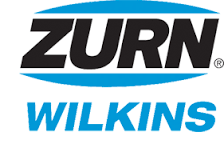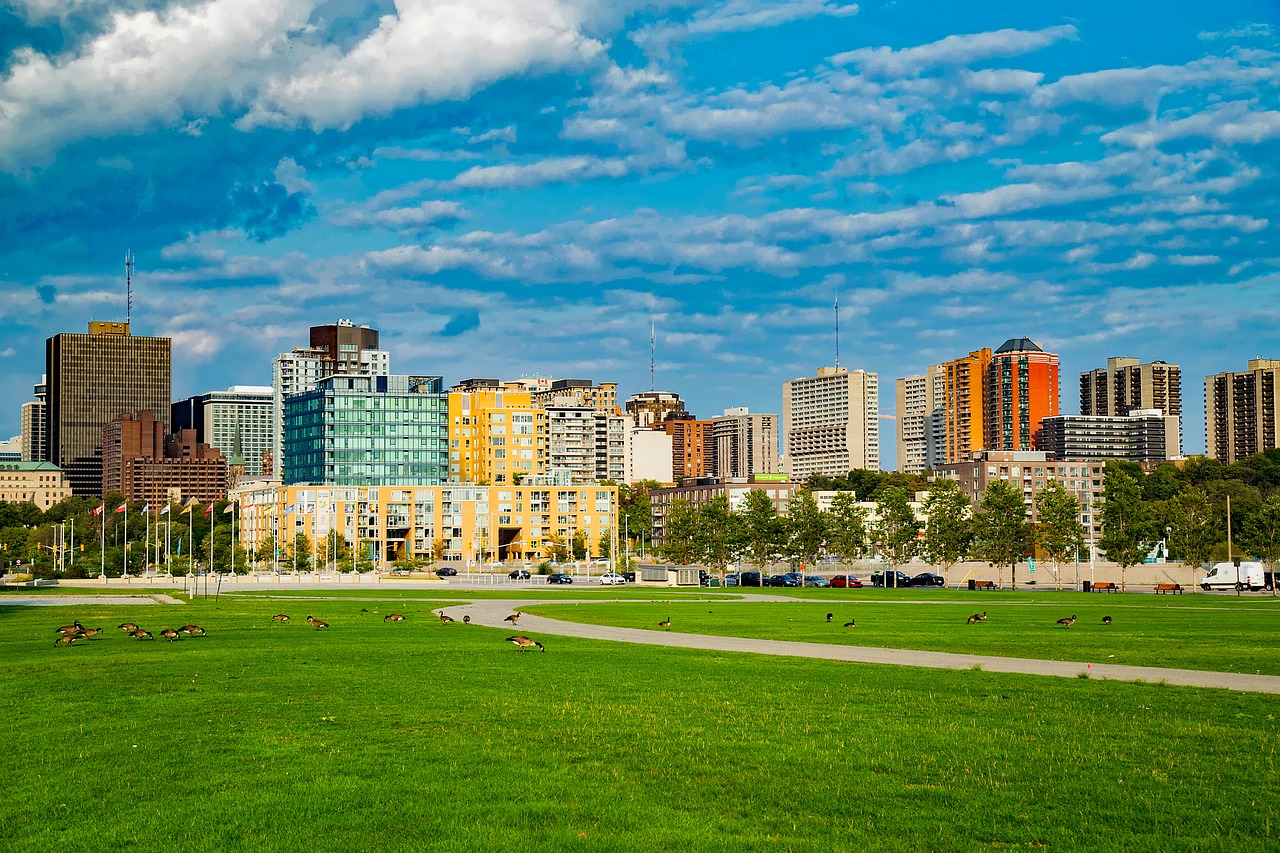“Employers must ensure that certain workers complete a working at heights training program that has been approved by the Chief Prevention Officer (CPO) and delivered by a CPO approved training provider before they can work at heights.
The training requirement is for workers on construction projects who use any of the following methods of fall protection: travel restraint systems, fall restricting systems, fall arrest systems, safety nets and work belts or safety belts” – Ministry of Labour
The new working at heights course must be taken before October 1 2017.
Read more details on the Ministry of Labour website.





